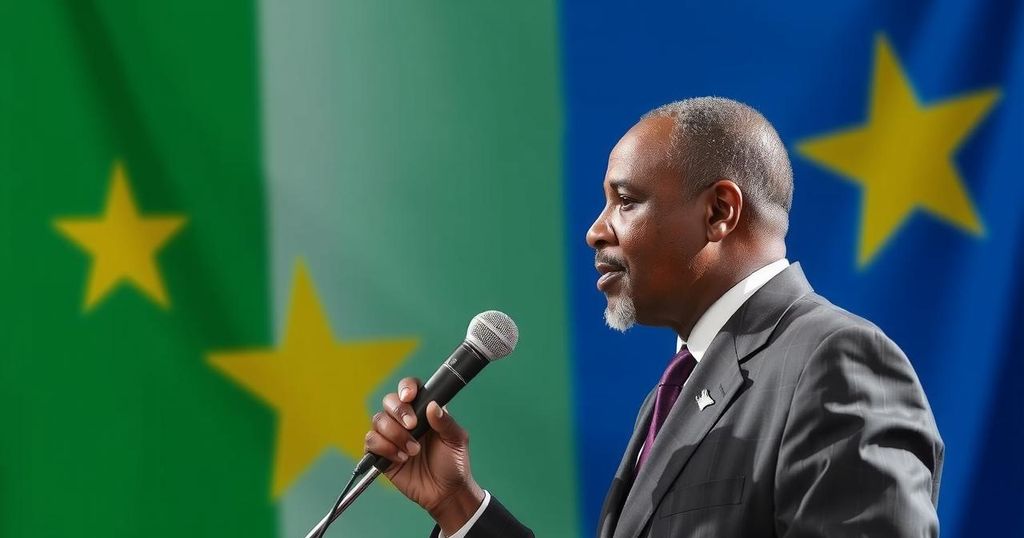Opposition leader Abdirahman Mohamed Abdullahi won the presidential election in Somaliland, securing 64% of the vote against incumbent President Muse Bihi Abdi, who obtained 34%.
In a significant political development, opposition leader Abdirahman Mohamed Abdullahi has been elected as the new president of Somaliland, defeating the incumbent leader Muse Bihi Abdi. The elections held on November 13 resulted in Abdullahi securing approximately 64% of the votes, while Abdi received 34%, as announced by the electoral authority in Garowe on Tuesday. This pivotal election is a reflection of the dynamic political landscape within the semi-autonomous region of Somaliland.
Somaliland declared independence from Somalia in 1991 and has since operated with a significant degree of autonomy, establishing its own government and institutions. The region has held multiple elections to assert its governance model, which, while unrecognized internationally, has demonstrated stability compared to much of Somalia. The recent electoral outcome illustrates the active political participation of opposition entities, emphasizing the democratic aspirations of Somaliland’s populace.
The election of Abdirahman Mohamed Abdullahi marks a transformative period for Somaliland, potentially leading to shifts in policy and governance. As the new president, he is expected to address various challenges while fostering a more inclusive political environment. This electoral victory serves as a testament to the vibrancy of opposition politics within Somaliland, highlighting the importance of democratic processes in the region.
Original Source: www.bnnbloomberg.ca






